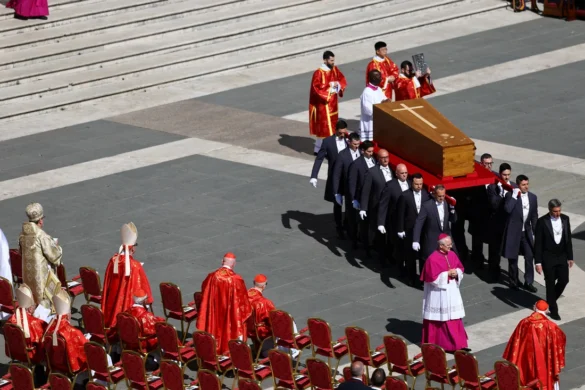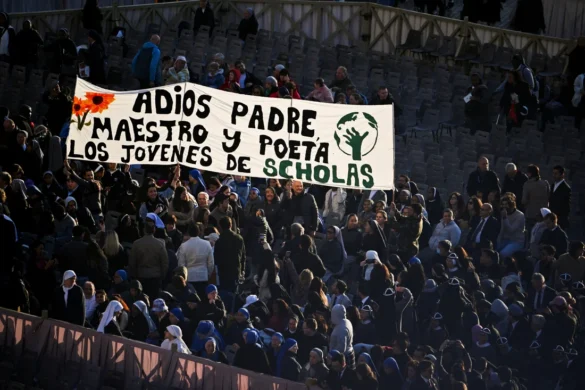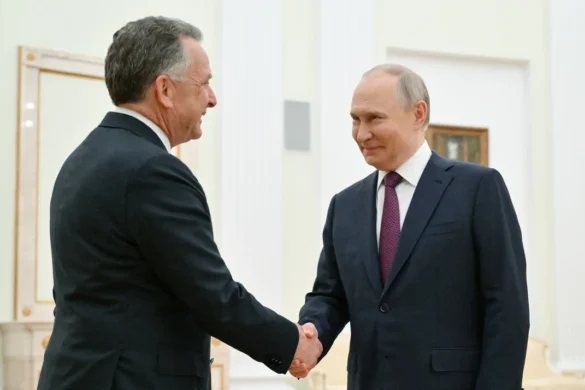Pope Francis on Monday extended indefinitely to all Roman Catholic priests the power to forgive abortion, a right previously reserved for bishops or special confessors in most parts of the world.
Francis, who has made a more inclusive and forgiving Roman Catholic Church a characteristic of his papacy, made the announcement in a document known as an “apostolic letter” after Sunday’s close of the Church’s “Holy Year of Mercy”.
He said he wanted to “restate as firmly as I can that abortion is a grave sin, since it puts an end to an innocent life” but “there is no sin that God’s mercy cannot reach and wipe away when it finds a repentant heart seeking to be reconciled with (God)”.
Francis had already temporarily granted the power to all priests to give what is known as “sacramental absolution” for abortion during the Holy Year, from Dec. 8 to Nov. 20, but the solemn tone of his words in Monday’s letter suggested that the change would last for at least the rest of his papacy.
In Roman Catholic teaching, abortion is such a serious sin that those who procure or perform it bring automatic excommunication on themselves as they are knowingly committing a sin the Church considers grave.
In the past, only a bishop or a designated special confessor could grant absolution for an abortion and lift excommunication.
Although bishops in some dioceses in developed countries such as the United States and Britain had already delegated this authority to parish priests, the old practice was still in effect in most of the world.
“Not only is this a change in Church policy, it changes Church law,” said Father James Bretzke, a professor of moral theology at Boston College.
“I think it’s very significant in the context of Pope Francis’ theme of his pontificate, which is going to go down as the pontificate of mercy; he sees mercy as absolutely the key.”
At a news conference at the Vatican, Archbishop Rino Fisichella, who oversaw Holy Year activities, said the new norms applied to all Roman Catholics involved in an abortion, including the woman and medical staff.
Fisichella rejected suggestions that some people could see the move as putting abortion on the same level as lesser sins.
“There is no type of laxness here,” he said, repeating the pope’s words that while abortion was very grave, there was no sin that could not be touched by God’s mercy.
In a document last year, Francis described the “existential and moral ordeal” faced by women who have terminated pregnancies and said he had “met so many women who bear in their heart the scar of this agonizing and painful decision”.




